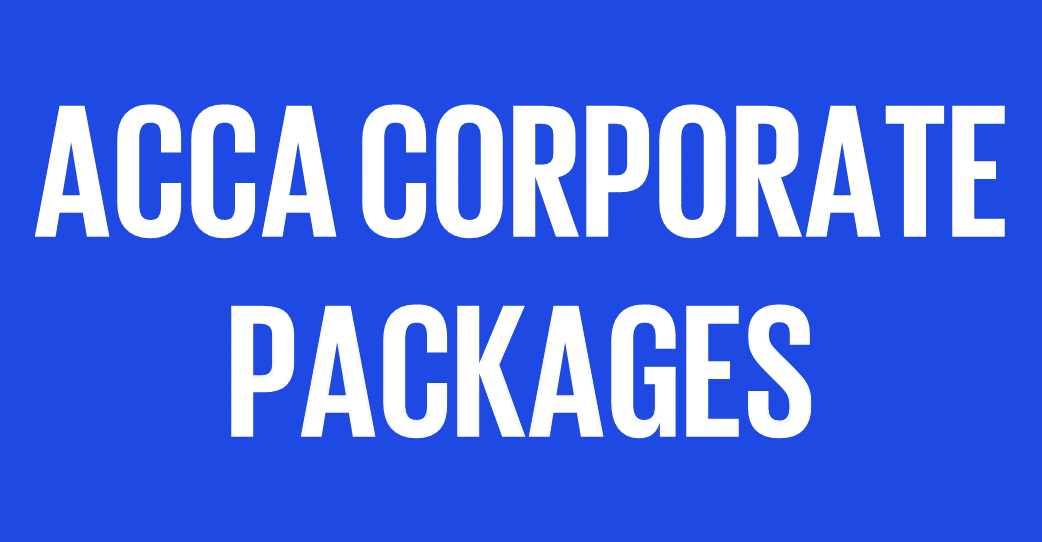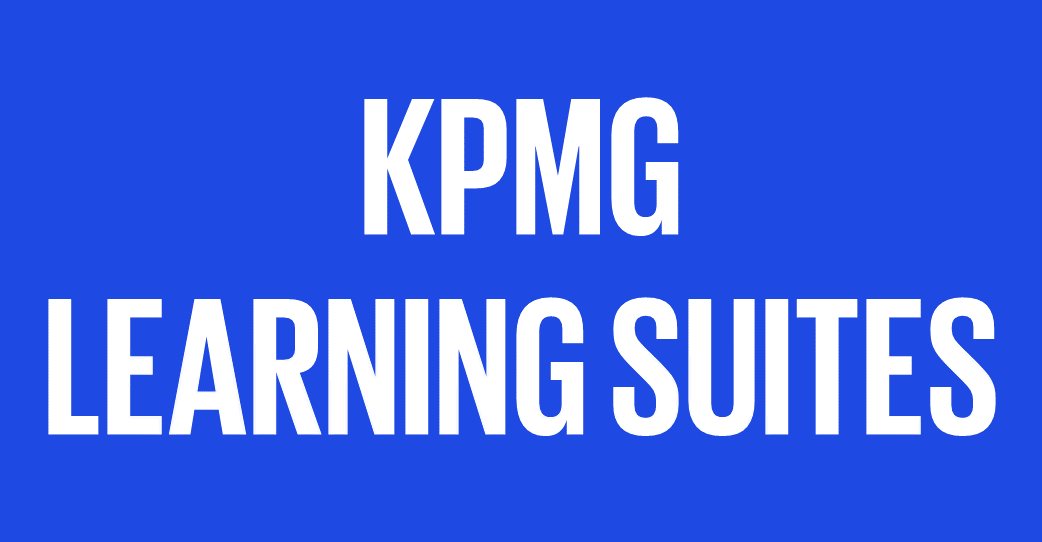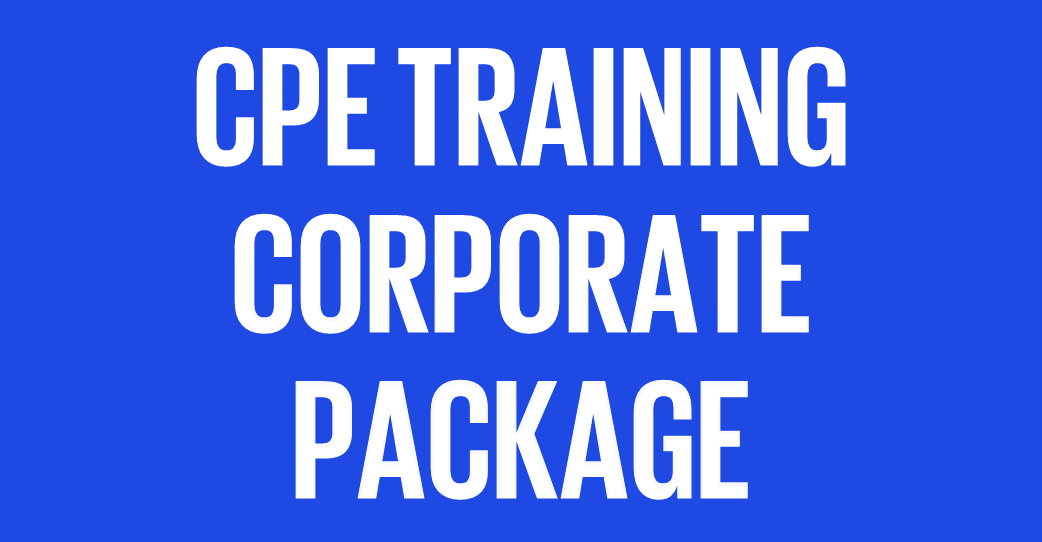The KPMG Learning Academy combines an extensive amount of subject matter expertise with a number of tried and tested training programmes.
We provide diverse educational and training programmes which include professional accounting and financial training, postgrad and undergraduate degrees.
Training is delivered in different formats to suit different and particular needs. These include a comprehensive range of off-the- shelf digital, blended, and classroom training courses.
We work with our clients to design and build effective and practical learning solutions centred on the learner experience.
KPMG Learning Academy is licensed as a Further and Higher Education Institution (License number: 2017 – 010) by the Malta Further & Higher Education Authority.







